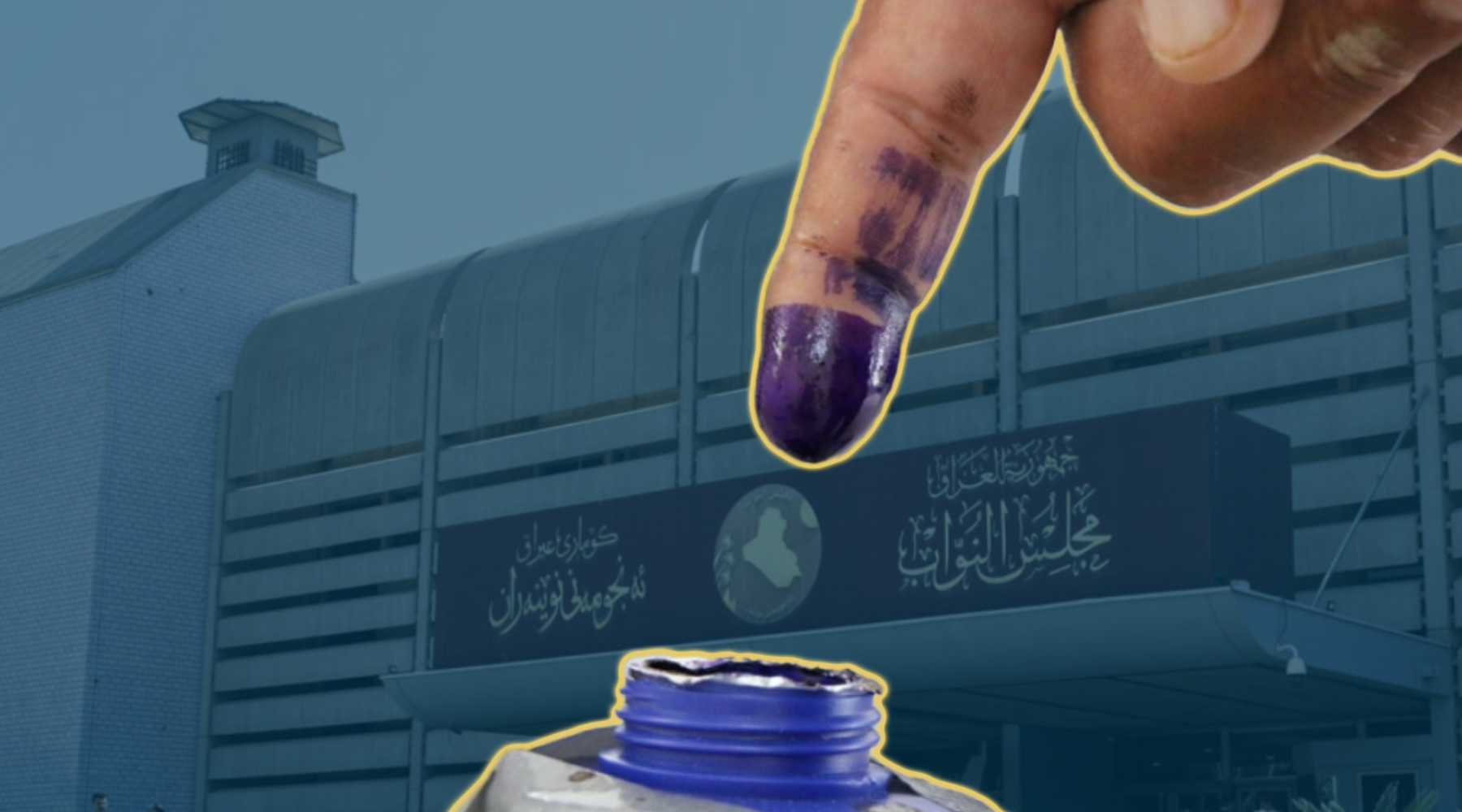In Kirkuk, Nineveh, Diyala and Salah al-Din provinces, the value of a seat in the Iraqi Council of Representatives ranges from 62,000 to 75,000 votes, with 26 times more candidates than available seats.
According to statistics from the Independent High Electoral Commission in Iraq IHEC, there are 1,952 candidates competing for 73 parliamentary seats in these provinces.
For the upcoming parliamentary elections on November 11, 2025, approximately five million people in these provinces are eligible to vote out of a total of over 21 million voters in Iraq, including the Kurdistan Region of Iraq KRI.
Kirkuk
In Kirkuk Province, 958,141 citizens are eligible to vote, with 13 parliamentary seats allocated, including one quota seats for Christians and three for women. Each seat in Kirkuk is worth around 74,000 votes, with 251 candidates, including 76 women, vying for the seats.
The northern, oil-rich, ethnically mixed province of Kirkuk is home to about 1,77 million Kurds, Turkmen, and Arabs. Located 238 kilometers north of Baghdad, Kirkuk has long been at the center of disputes between the federal government in Baghdad and the Erbil-based Kurdistan Regional Government KRG.
Nineveh
Nineveh Province has the highest number of voters, with 2,102,429 registered. There are 34 seats available, with eight seats for women, and a seat for each of the Christians, Yazidis, and Shabaks. 1047 candidates, including 288 women, are competing for each seat, valued at around 62,000 votes.
Diyala
In Diyala Province, there are 1,051,143 eligible voters, with 14 seats available, including four quota seats for women. Each seat is worth over 75,000 votes, with more than 358 candidates, including 106 women, competing for each seat.
Salah al-Din
Salah al-Din Province has 861,156 eligible voters, with 12 seats allocated, including three quota seats for women. Each seat is worth approximately 72,000 votes, with 296 candidates, including 80 women, competing for the seats.
The disputed territories refer to a constitutional term describing the political and administrative situation in Kirkuk province and the areas that have experienced administrative and demographic changes, including parts of the provinces of Diyala, Ninewa, and Salahaddin, due to the policies of the Iraqi government from 1968 to 2003.
To date, only part of the first phase of normalization for Article 140 has been implemented, leading to tensions over administrative and security posts, disputes over ownership of lands and farms, and several other issues. This has left the area in poor condition in terms of public services, stability, and security.





